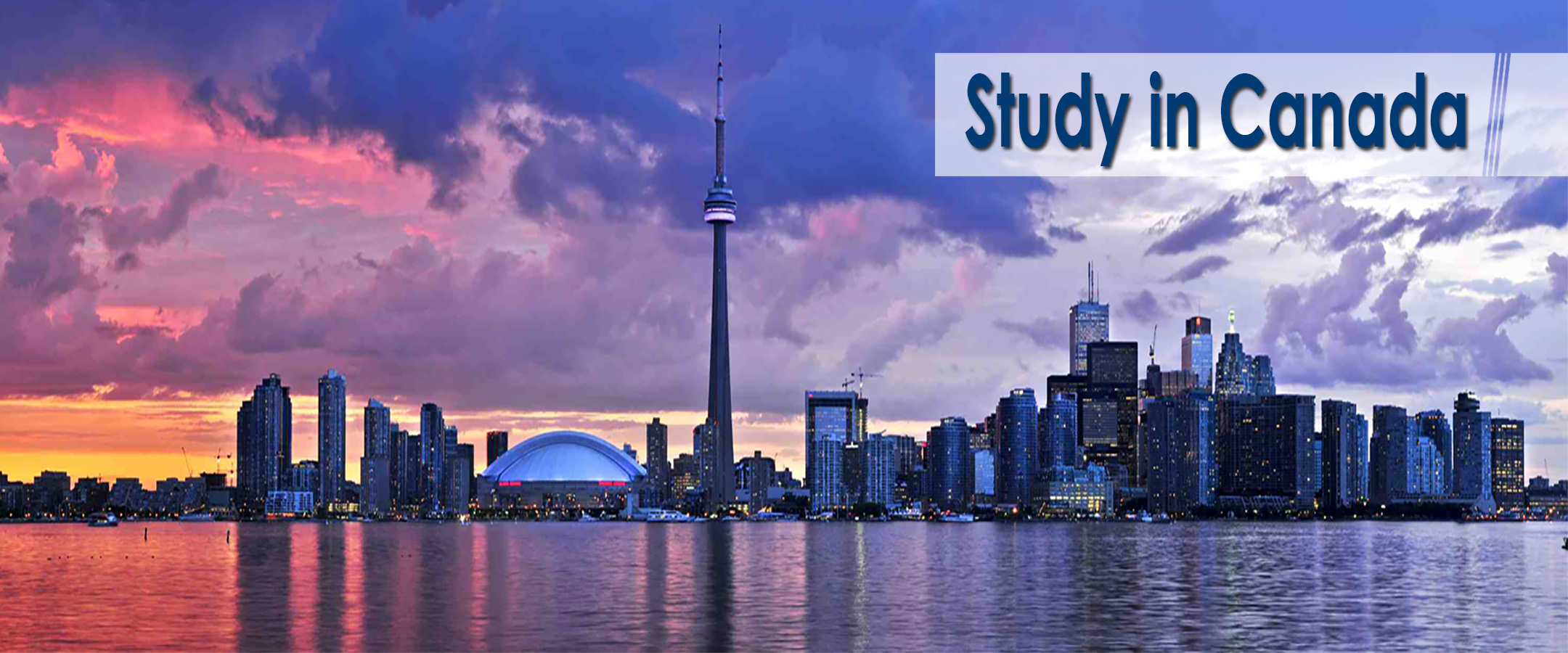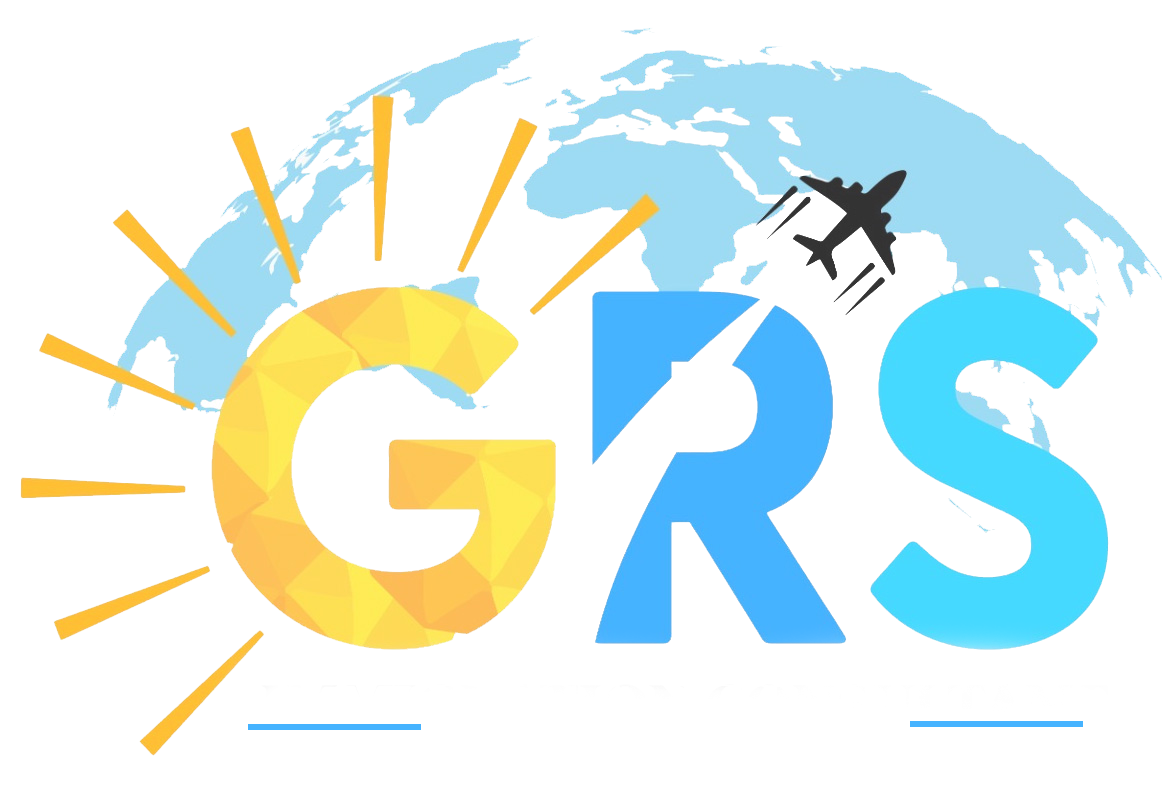-
GRS VISA HUB
80ft Road, Near Bus Stand, Tarn Taran
-

STUDY IN CANADA
Canadians place great importance on learning, and have developed a first-rate education system with high standards. The country spends more on education (as a percentage of GDP) compared to the OECD average, and is the second highest among G-8 countries. Canadian teenagers consistently rank among the best in the world on international tests of reading, science and math-a testament to the outstanding quality of Canadian schools. A Canadian degree, diploma or certificate is well-regarded in business, government and academic circles around the globe.
Canada has ranked as one of the top ten places to live in the world since 1994 according to the United Nations (UN) and the Economist Intelligence Unit. In the UN survey Canada earned particularly high marks for its access to education, high life expectancy (due to universal health care system); and low crime and violence rates. In addition, Canada's largest cities-Vancouver, Toronto and Montreal-have been recognized as world class cities in which to live and work, for their cleanliness and safety and for their cultural activities and attractive lifestyles.
A SAFE PLACE TO STUDY
Canada is considered to be a relatively peaceful, safe and orderly country. Its violent crime rate decreased for ten consecutive years from 1993 to 2003. Unlike its US neighbours to the south, firearms are strictly controlled and generally are not permitted. International students who come to Canada should follow the same common sense safety precautions as they would anywhere in the world. Students can contact any Can-Asia Centre to learn more about personal safety, or attend a safety orientation session at their school upon their arrival in Canada.
WORK OPPORTUNITY IN CANADA
PART TIME WORK DURING STUDIES
Students are allowed to work part time 20 hours per week on campus/ off campus and full time during holidays while studying the course. In Canada, minimum wages varies in different provinces. Under the Constitution of Canada, the responsibility for enacting and enforcing labour law including minimum wages in Canada rests with the ten provinces. Minimum wages varies between 8-10.25 cd$ per hour depending upon the province.
WORK OPPORTUNITIES AFTER STUDIES
A Post-Graduation Work Permit cannot be valid longer than the length of time you studied in Canada. For example, students graduating from a four-year degree program might be eligible for a three-year year work permit. Students graduating from an eight-month certificate program would only be eligible for a work permit of eight months.
Canada Universities & College
University Of Regina ( Regina , Saskatchewan , Canada )
University Of Waterloo ( Waterloo , Ontario , Canada )
Western Ontario University ( London , Ontario , Canada )
York University ( Toronto , Canada )
Queens University ( Kingston , Ontario , Canada )
Brock University ( Ontario, Canada )
Wilfrid Laurier University ( Waterloo , Canada )
University Of Ontario Institute Of Technology ( Oshawa , Ontario, Canada )
University Of British Columbia ( British Columbia , Canada )
George Brown College (Toronto , Ontario )
Humber College (Toronto , Ontario )
Seneca College (Toronto , Ontario )
Sheridan College ( Brampton , Ontario )
Okanagan College ( British Columbia , Canada )
Niagara College ( Welland , Ontario )
Douglas College ( British Columbia )
Centennial College (Toronto , Ontario )
Conestoga College ( Cambridge , Ontario )
Georgian College ( Midland , Ontario )

